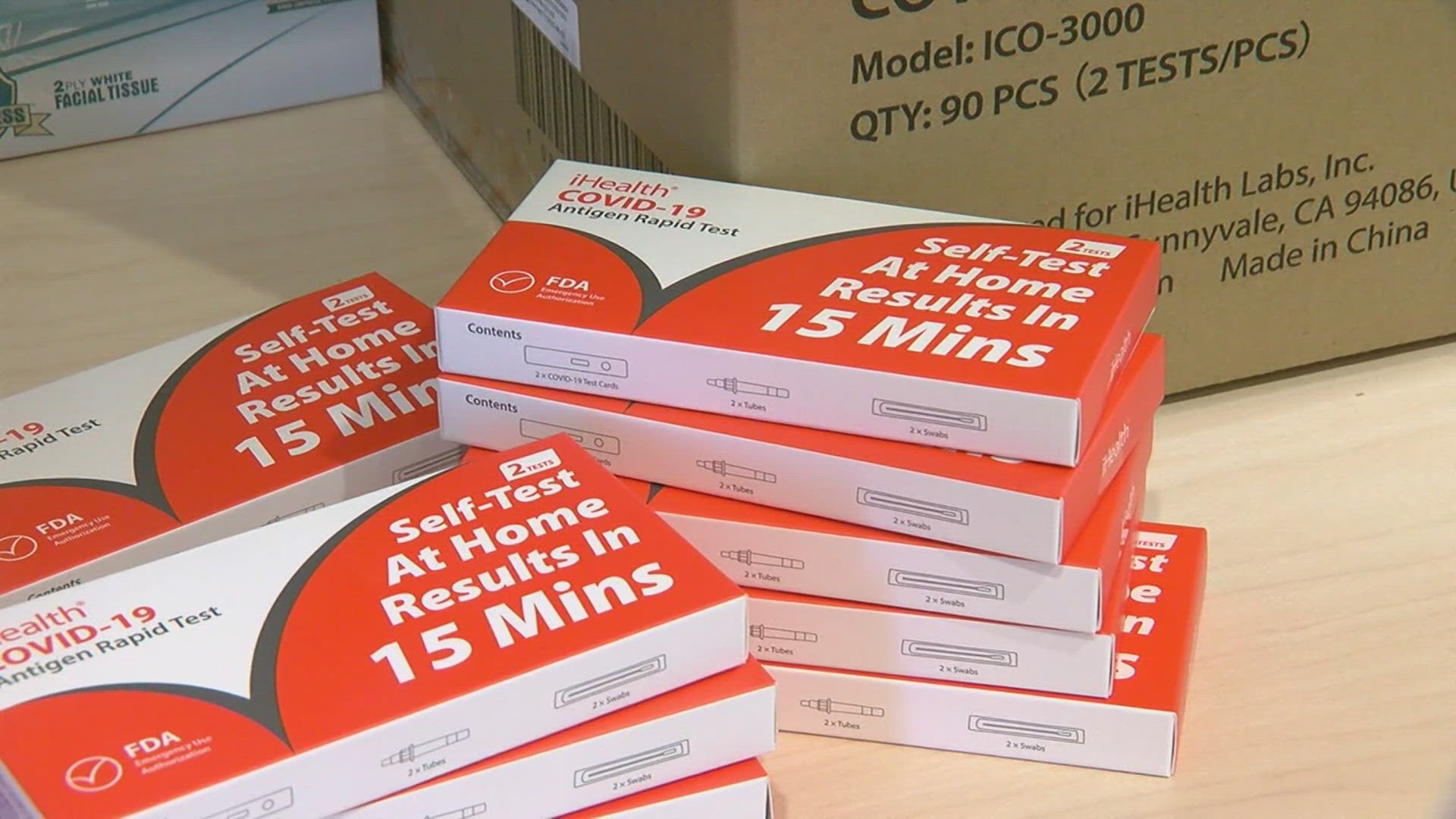![1400179550000-lunesta [ID=9168691]](http://moc-assets-prod.gannett-cdn.com/-mm-/3d5569507733ca056af5edaf0a2a8036c559fb13/r=500x375/local/-/media/WUSA/WUSA/2014/05/16/1400249358000-1400179550000-lunesta.jpg)
WASHINGTON (AP) - U.S. health officials are lowering the starting dose of the popular sleeping aid drug Lunesta, due to risks of morning drowsiness that can impair driving ability and lead to injury.
The Food and Drug Administration said Thursday it is taking action based on a study that found Lunesta users had problems with driving, memory and coordination up to 11 hours after first taking the drug. Patients are often unaware that they are still drowsy the morning after, according to the FDA, which monitors food and drugs for safety.
The results, published last month, compared 91 patients taking Lunesta or placebo while performing several tasks measuring coordination, memory and other cognitive measures.
Lunesta manufacturer Sunovion Pharmaceuticals, a subsidiary of Japanese drugmaker Dainippon Sumitomo Pharma, will lower the starting dose of the tablet to 1 milligram from currently available 2 milligrams. Patients can increase their dose to 2 or 3 milligrams, but should keep in mind that higher doses are more likely to cause next-day impairment, according to the FDA statement.
Patients currently taking 2 or 3 milligram doses of Lunesta should contact their doctor to get information about the most appropriate dose.
Drowsiness is a side effect listed on the labels of all anti-insomnia drugs, the agency release notes.
Thursday's announcement follows a similar FDA action last year that reduced the dosage of Ambien and other generic insomnia drugs containing the ingredient zolpidem. Those drugs are the most widely prescribed sleep aids in the U.S. Lunesta uses a different active ingredient called eszopiclone.
"Recently, data from clinical trials and other types of studies have become available, which allowed the FDA to better characterize the risk of next-morning impairment with sleep drugs," the FDA's Dr. Ellis Unger said in a statement.
Lunesta, launched in 2005, is designed to be taken before bed to help patients with insomnia fall asleep and stay asleep for up to 7 hours.
Calls to Sunovion Pharmaceuticals Inc. were not immediately returned Thursday afternoon.
Written by:
Matthew Perrone
AP Health Writer


